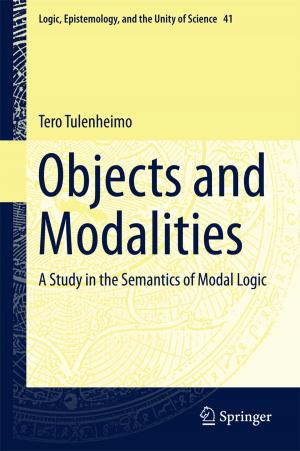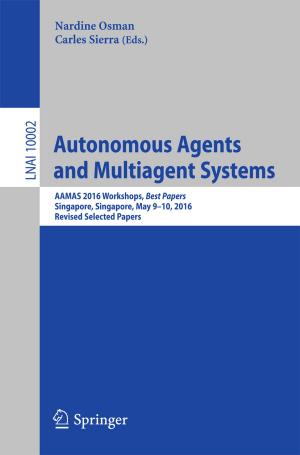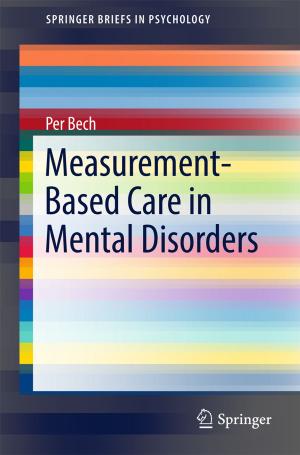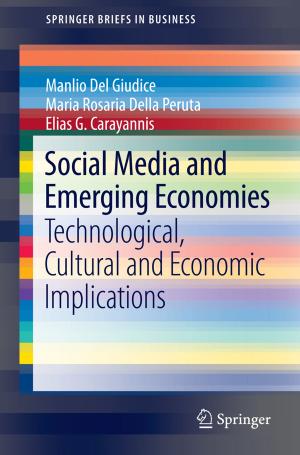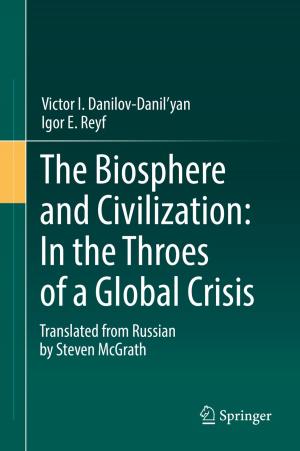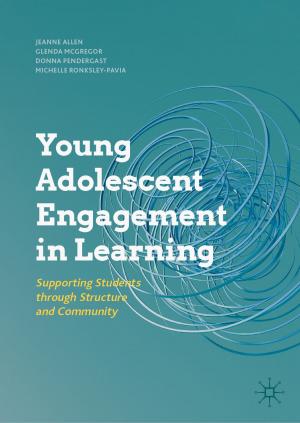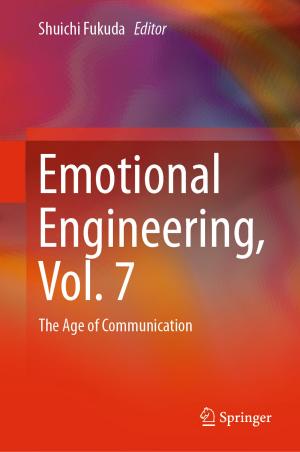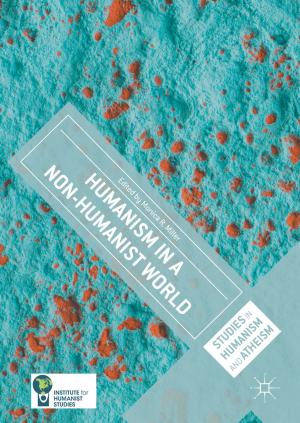Entangled Pieties
Muslim-Christian Relations and Gendered Sociality in Java, Indonesia
Nonfiction, Social & Cultural Studies, Social Science, Sociology, Marriage & Family, Anthropology| Author: | En-Chieh Chao | ISBN: | 9783319484204 |
| Publisher: | Springer International Publishing | Publication: | August 3, 2017 |
| Imprint: | Palgrave Macmillan | Language: | English |
| Author: | En-Chieh Chao |
| ISBN: | 9783319484204 |
| Publisher: | Springer International Publishing |
| Publication: | August 3, 2017 |
| Imprint: | Palgrave Macmillan |
| Language: | English |
This book explores the social life of Muslim women and Christian minorities amid Islamic and Christian movements in urban Java, Indonesia. Drawing on anthropological perspectives and 14 months of participant observation between 2009 and 2013 in the multi-religious Javanese city of Salatiga, this ethnography examines the interrelations between Islamic piety, Christian identity, and gendered sociability in a time of multiple religious revivals. The novel encounters between multiple forms of piety and customary sociality among “moderate” Muslims, puritan Salafists, born-again Pentecostals, Protestants, and Catholics require citizens to renegotiate various social interactions. En-Chieh Chao argues that piety has become a complex phenomenon entangled with gendered sociality and religious others, rather than a preordained outcome stemming from a self-contained religious tradition.
This book explores the social life of Muslim women and Christian minorities amid Islamic and Christian movements in urban Java, Indonesia. Drawing on anthropological perspectives and 14 months of participant observation between 2009 and 2013 in the multi-religious Javanese city of Salatiga, this ethnography examines the interrelations between Islamic piety, Christian identity, and gendered sociability in a time of multiple religious revivals. The novel encounters between multiple forms of piety and customary sociality among “moderate” Muslims, puritan Salafists, born-again Pentecostals, Protestants, and Catholics require citizens to renegotiate various social interactions. En-Chieh Chao argues that piety has become a complex phenomenon entangled with gendered sociality and religious others, rather than a preordained outcome stemming from a self-contained religious tradition.

